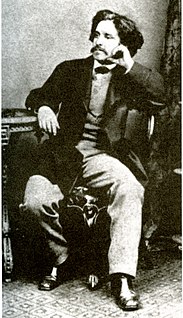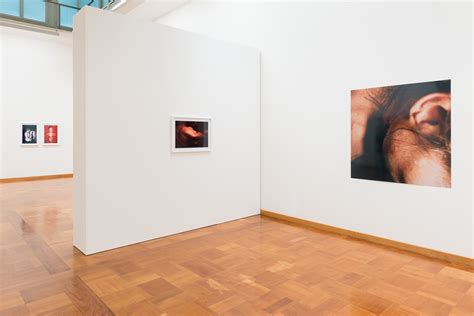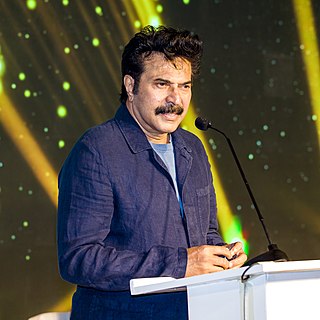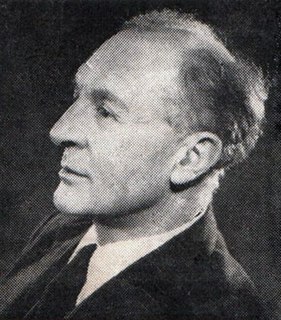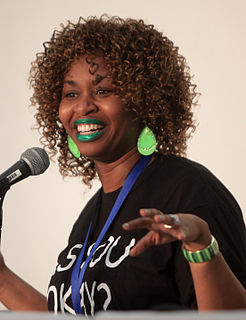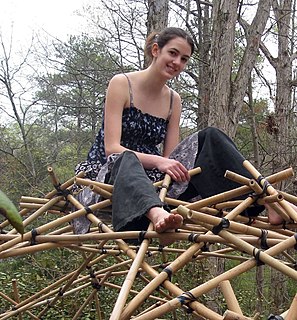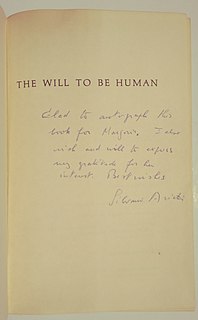A Quote by Madeleine L'Engle
To create a work of art, great or small, is work, hard work, and work requires discipline and order.
Related Quotes
A life lived in chaos is an impossibility for the artist. No matter how unstructured may seem the painter's garret in Paris or the poet's pad in Greenwich Village, the artist must have some kind of order or he will proudce a very small body of work. To create a work of art, great or small, is work, hard work, and work requires discipline and order.
Have I then no work to work in this great matter of my pardon? None. What work canst thou work? What work of thine can buy forgiveness or make thee fit for the Divine favour? What work has God bidden thee work in order to obtain salvation? None. His Word is very plain and easy to be understood, "To him that worketh not, but believeth in Him that justifieth the ungodly, his faith is counted for righteousness" (Rom. 4:5). There is but one work by which a man can be saved. That work is not thine, but the work of the Son of God. That work is finished.
I've always relied on discipline to achieve goals great and small. At a young age, my father instilled a real work ethic in me - and a fear of men. I always felt like if I didn't have a natural knack for something, I could kind of out-discipline the competition as it were. So I would always work as hard as I possibly could, sometimes to my own detriment and my personal life. For me, I think will power and discipline are very synonymous.
I love to work, and to make all kinds of work. But if I work on a fashion story then I work for somebody. If I work for me, for an art project, then I'm not that nervous. It doesn't matter when the photo is done. And if I work on a fashion shoot, then I have access to all these things that I can use later for my art - a still life here or there. I can do all of this while the model is changing.
The person who appreciates a great work of art has the feeling that the work grows in him as he becomes involved in a prolonged capturing of emerging marginal meanings. He feels that he, too, is creative, that he himself is adding to his experience and understanding. Moreover, he wants to confront the work of art many times. He is not easily tired of it, as he would be had he read a purely logical statement. He realizes that the work of art does not merely transmit information; it produces pleasure.




